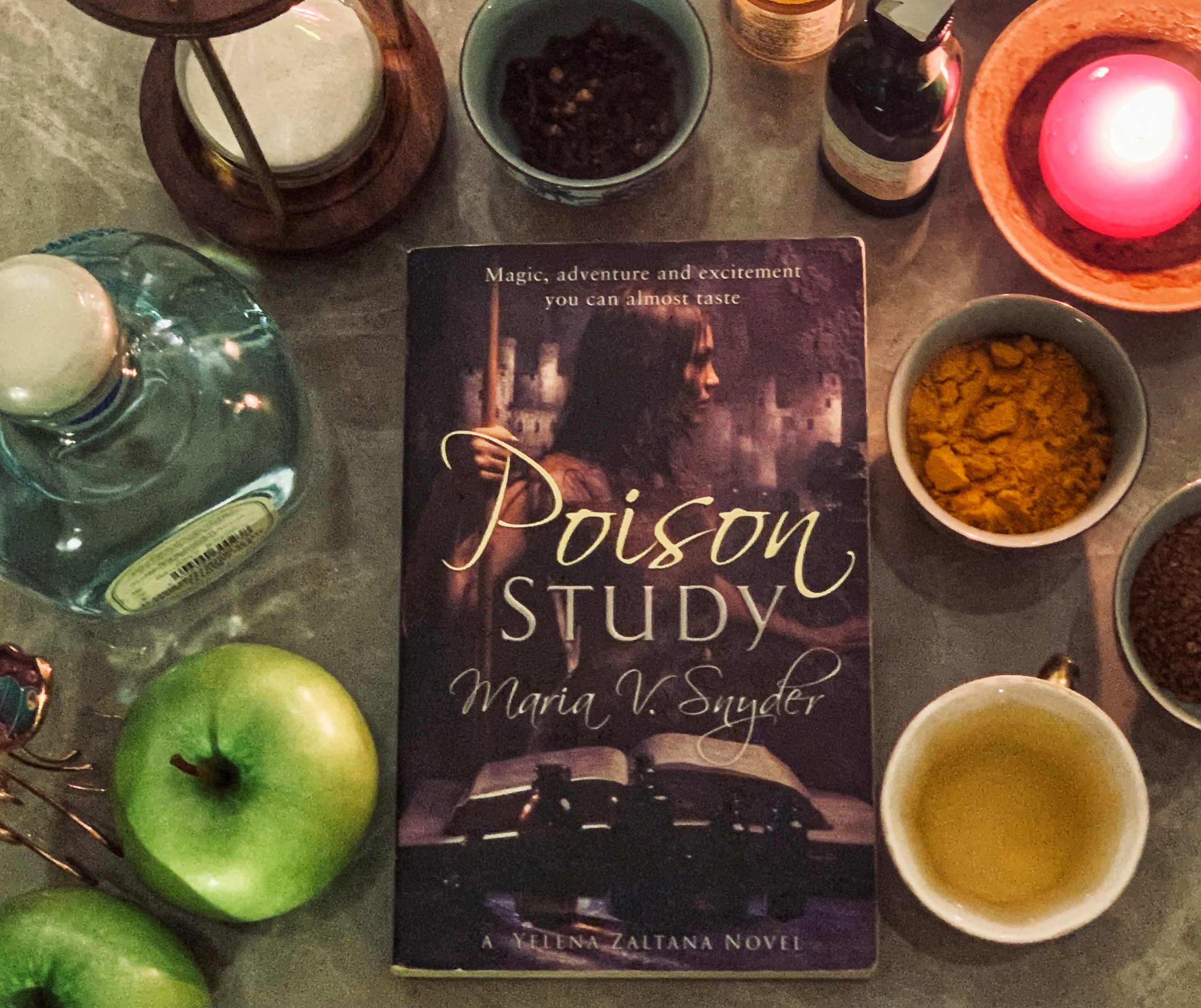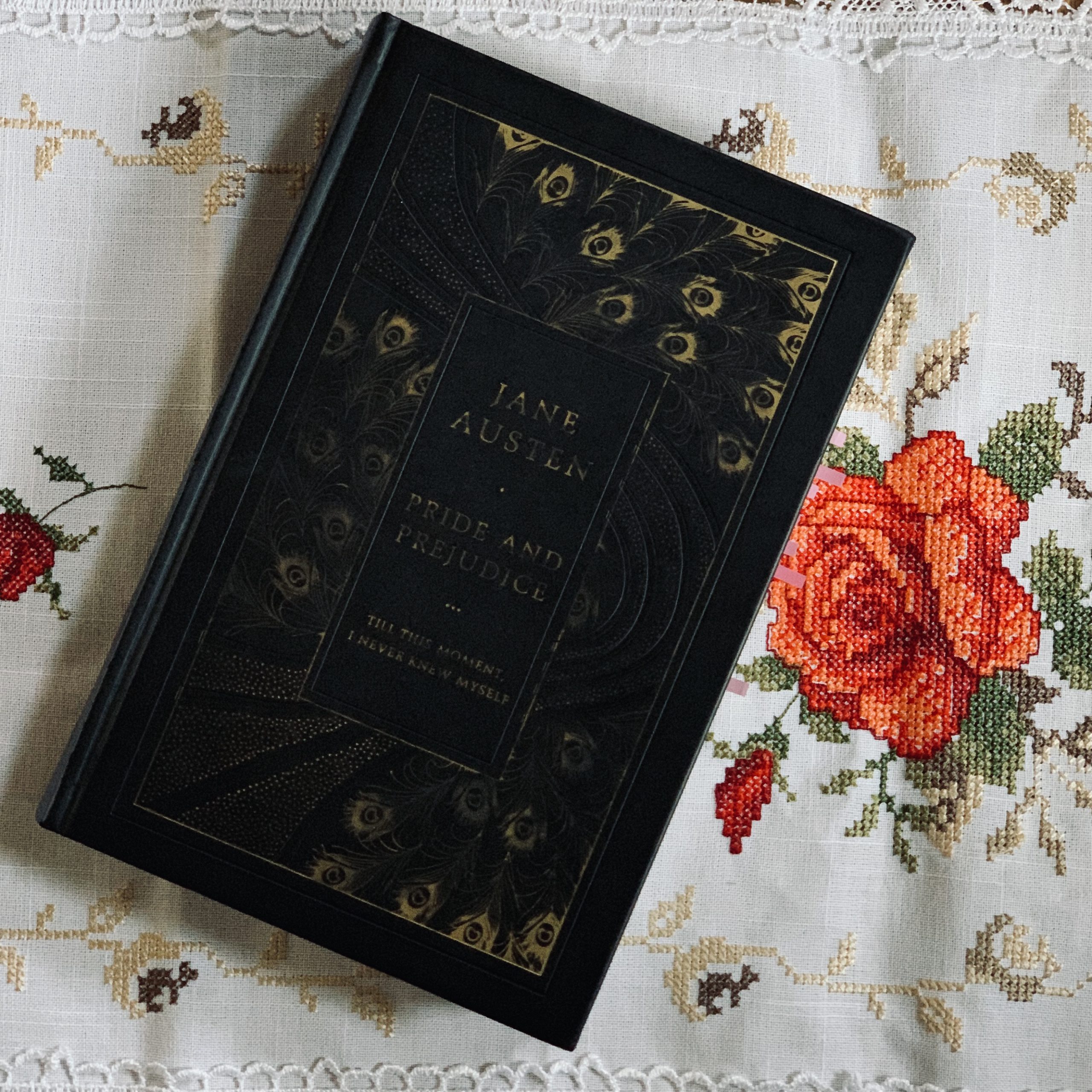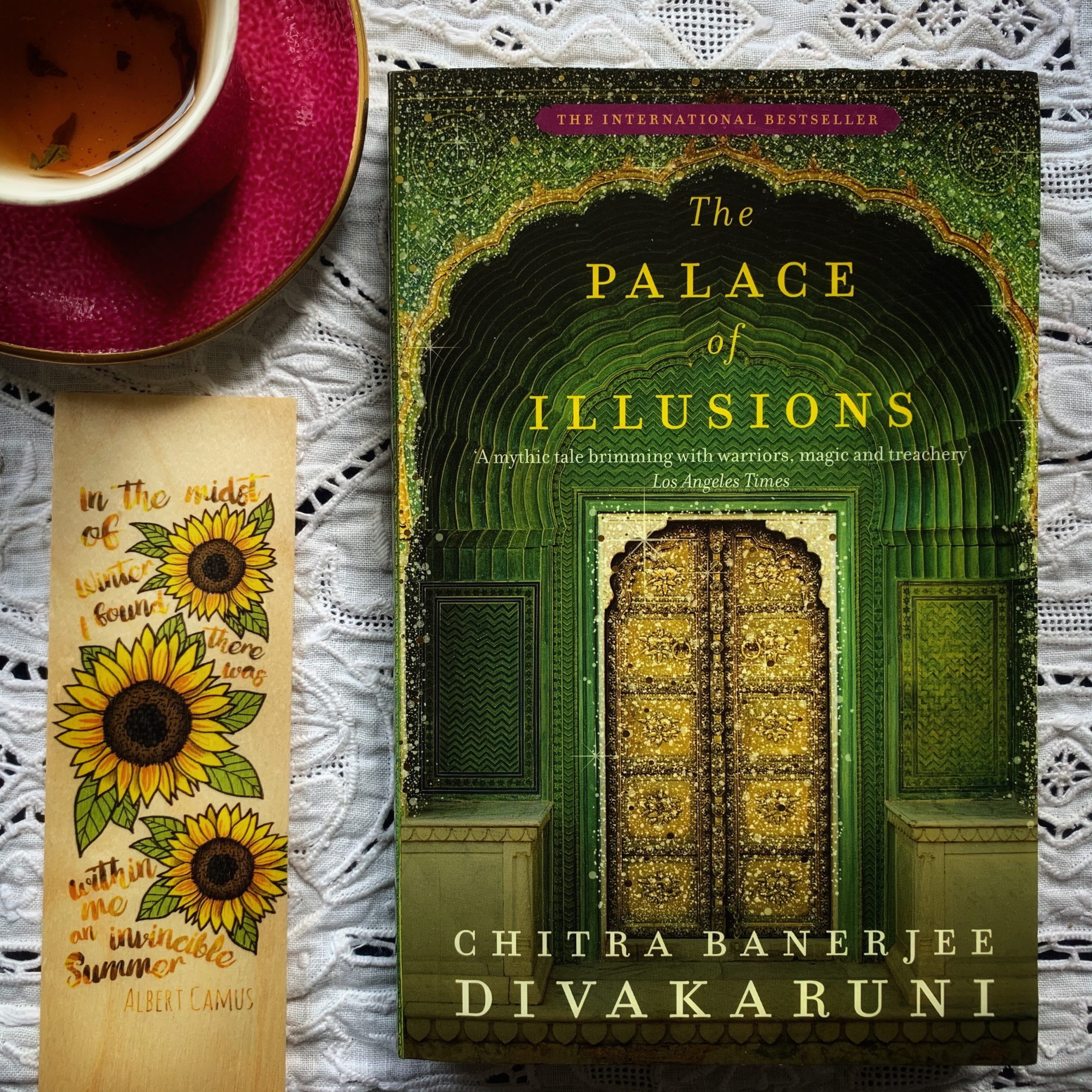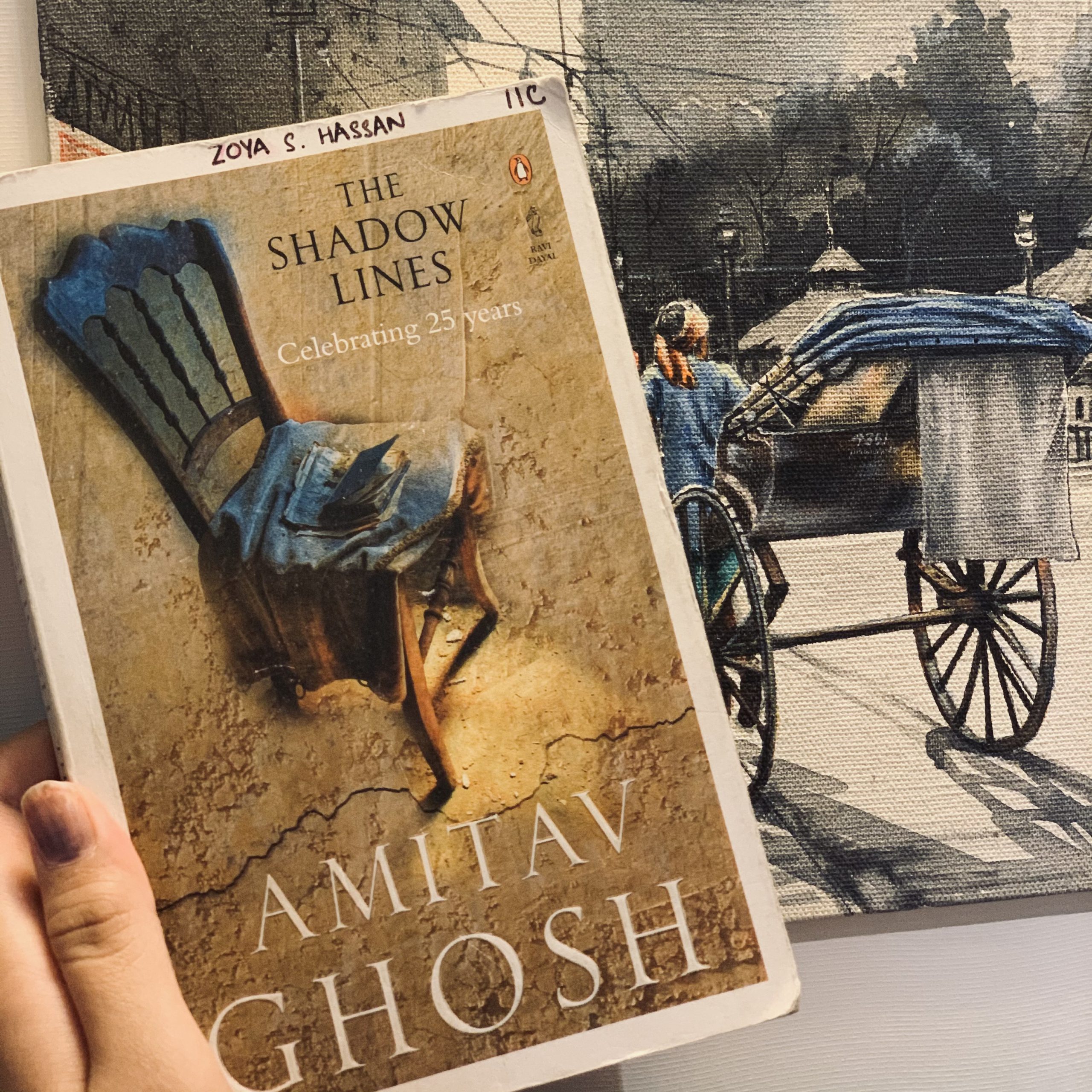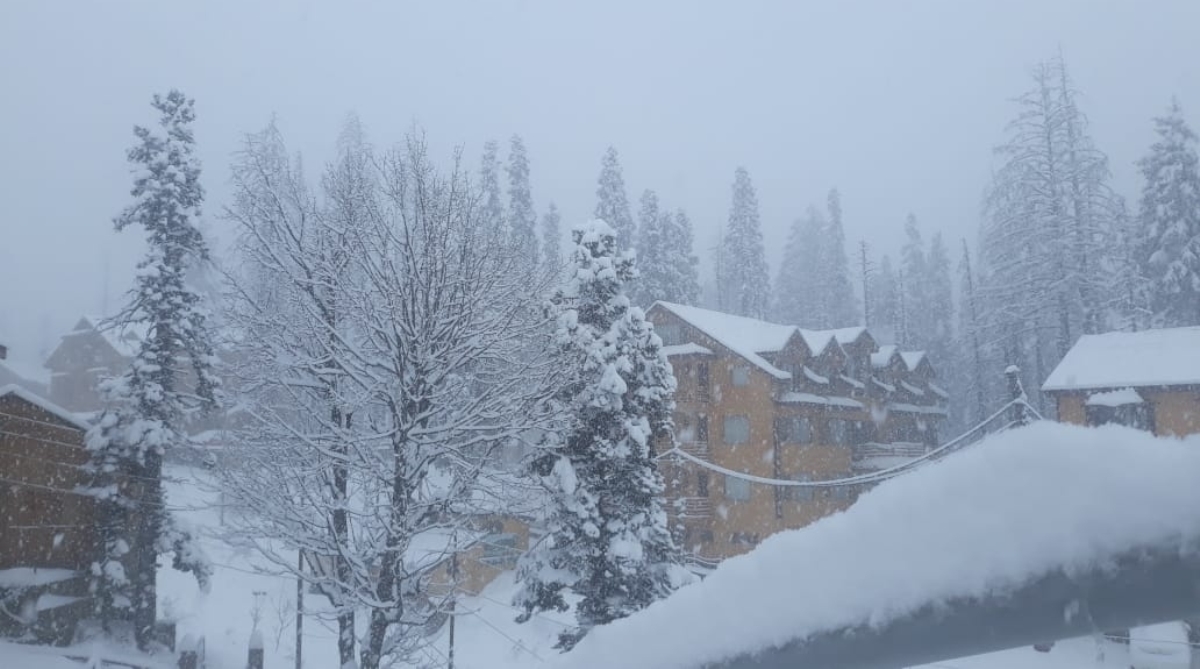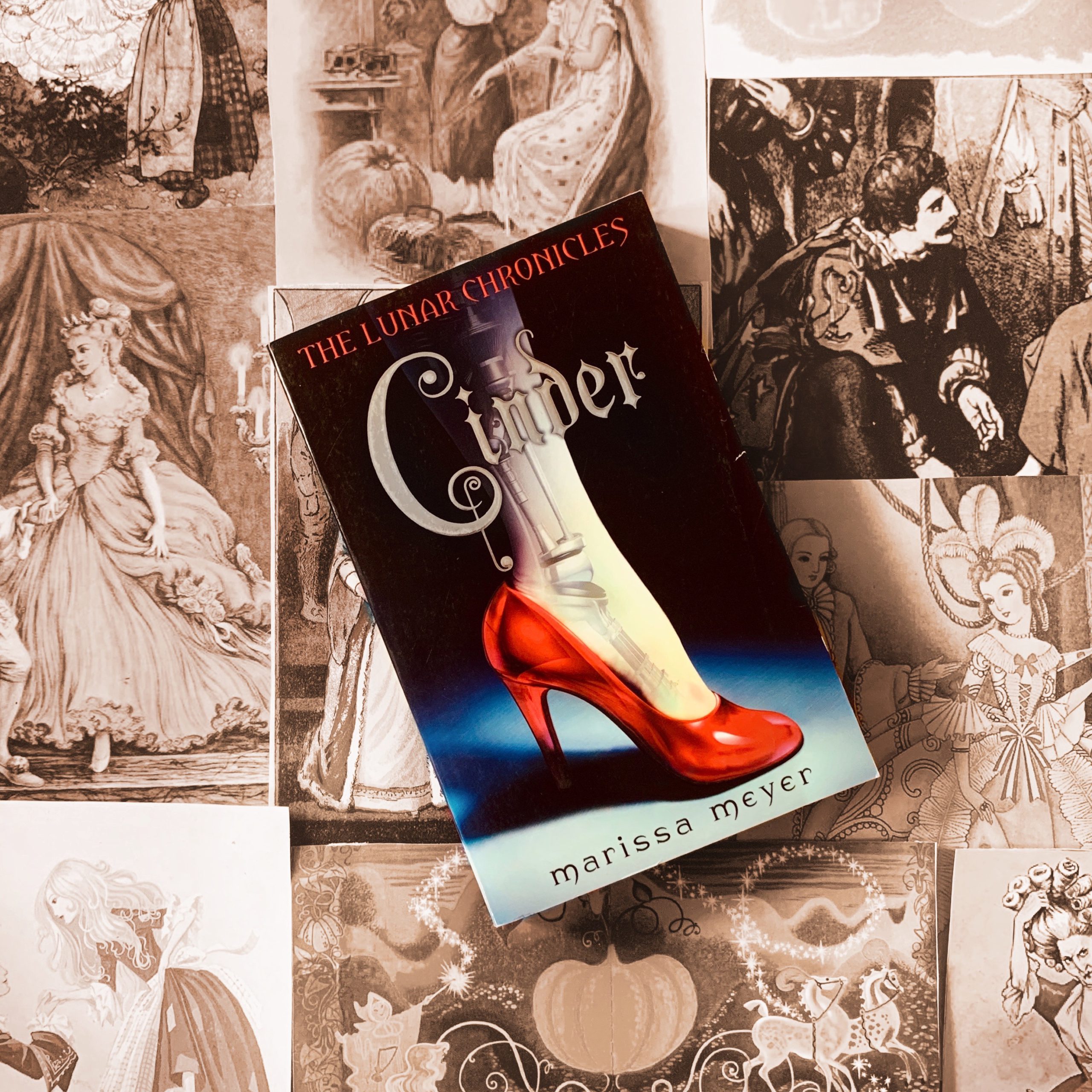Our school took us on an Adventure Camp, once a year, each time to a new place. This is my tribute to our very last one that we got to take together as a class…
It took a long time to write this particular piece. Perhaps because writing it would mean embracing the fact that Adventure Camps were finally over. No camp can be lived vicariously through writing, no matter how well done and so I try my best to give this written reminder of the last camp (the first of many lasts) to Vasant Valley’s Batch of 2018. Alaknanda River Rafting Expedition was probably exciting to us, after Yatra, because we hadn’t rafted for six years since the spring of 2011. It was a learning experience for many of us, as camp often is. And as the last it brought about a mixture of feelings that hurt and yet brought immense joy. Along with rafting came reminiscence, remembrance and redolence. Memories that we remembered, memories that we made, memories that came together to form a new and fulfilling experience.
It is perhaps imperative to understand what Alaknanda truly held in store for us. Rafting through the valley on a serene teal river that broke out into a sudden fury that rocked our raft to and fro on rapids which the Phys-ed teacher, Mr. Seth, so named ‘Jhol Jhaal’ and ‘Dheela Dhaala’ and the already poorly names Three Blind Mice, Roller- coaster, Black Money, Golf Course and so on. Sleeping under an open shelter built by us in freezing nights under starry skies and blue and red tarpaulin. Of course the rain didn’t stop us we huddled around snug in sleeping bags and so dazed with sleep that amidst the pitter patter of raindrops we asked the poor camp instructor to bring us variety of refreshments to quench our thirst. Within the howling wind at Mahadev Chatti and the splashing of the Ganga while we rafted upon her I found some moments of silence to observe what changes Camp had brought to our lives.
It was the laughter that rang in the air when the camp coordinator, Akshay sir spoke of the ‘commode’ that was to be used by us in the loos. The hushed whispers that we exchanged across shelters when we were unable to sleep in the absolute freezing first night spent at Bagwan camp. The shared Panadol tablets after the first day of rafting when the pain made us wish we had no arms. All of this reminding us of the hardships that each camp was bound to bring, a memory of what we have learned to overcome over the years and a symbol of perseverance that we brought out by being there for each other. It was the usual controversy and the drama that camp brings with it, keeping things interesting and showing us all that some friends are forever, some friends make mistakes and some friends aren’t there for the long haul but lessons that life presents us with.
Alaknanda was about having Mr. Seth in your raft and learning that the only entertainment was ragging him non- stop (kudos to sir for being such a sport about it!). Alaknanda was the cheers that the guides made us do as we tried to outshout “Ganga Maiya ki Jai” and out paddle the other rafts. Alaknanda was freezing in the night and burning under the sun during the day (thanks to the teachers we had a ‘haldi’ solutions to these acute problems).
It was learning how to pack your clothes into a tiny dry bag for four days and realizing the importance of fresh and clean clothes in our lives. It was trying to convince the PE teachers that you deserved a gold pin for your exceeding talent at rowing the raft. It was enjoying amazing food and sitting around a campfire singing and listening to Mr. Gaud’s riveting horror stories (so reminiscent of Yatra).
On the train journey we as a batch did our best to make new friendships [;)] feel awkward and munched on forbid- den tuck. We helped our friends use the loos when they were too dirty and pulled the sleeping bag out from under their shivering bodies so they would get up on time. It was making space in your tent for someone who wanted a change and singing K3G songs while playing antakshari. Alaknanda was the time we had, to convince a few of our friends that no matter how much intuition she has Jaya Bachchan was just not sexy.
Alaknanda showed us how we as a batch could help our friends achieve new things. That cliff jumping for a person scared of heights or unable to swim was manageable if we had the screaming cheers of our classmates behind us. That eating food for picky eaters was a task that could be done and that changing clothes under an open raft was easy enough when prac- ticed.
Dancing, under a sky of stars, that turned into a brawl and doing ‘The Wall’ on a particularly frigid day made us realize that the rapid was a highly over rated one and that we were all sensitive people. And through all of this, old enemies had turned into acquaintances if not friends with some semblance of respect for each other. And that as a batch we were united and there for each other.
To each his/her own memories. The memories of our guides be it Mangal sir, Mukesh sir or Dinesh sir. The memories of the train ride. The memories of the people we have been, are and becoming all surfaced on this trip. Be it ghosts outside the tent, or the cheering on the rafts or even the fights and drama, camp has always helped us grow as individ- uals and as a batch. And as Alaknanda sped by me and my batchmates I saw a batch united rise out of the smoke from the campfire, the cold water of the Ganga and the hands that wiped off tears from friends who broke down on the train journey (not out of sentimentality but because they were scared that the train driver was a psycho intent on killing them).
For a last trip, Alaknanda was pretty stellar. And for the Batch who contributed in doing so not only this time but for the last 9 years – It has been a pleasure camping with you…








